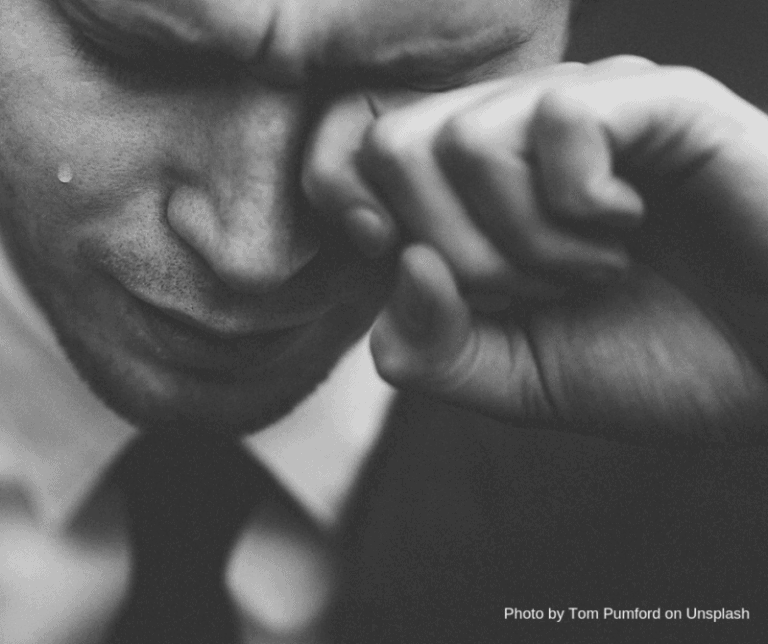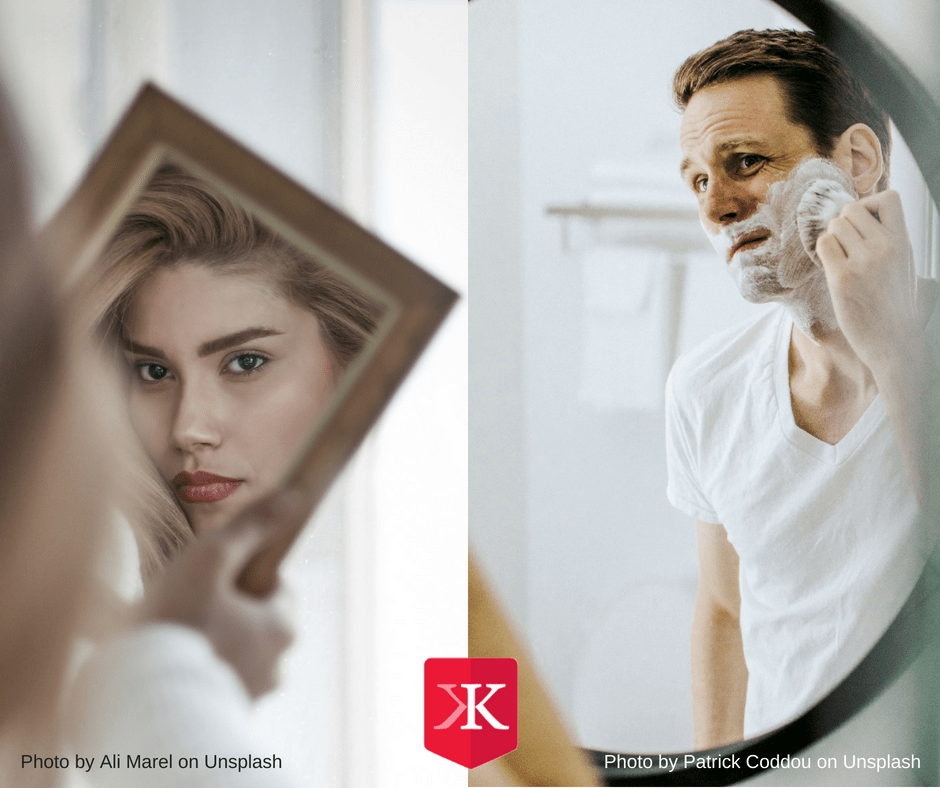As matchmakers at Kelleher International, we notice a pattern with emotional triggers around dating.
Have you felt the energy shift after a few successful dates and wonder what happened?
Things seemed to be going great. And you’re confident you were vibing. And then, bam! With little or no warning, your date’s mood changed. They started shutting down and maybe even ghosted out of the evening. Something triggered them.
Emotional triggers around dating run the gamut.
Mannerisms that remind someone of their ex, for instance. Or a certain look. Maybe the way something is said. Or behaviors that insinuate intimacy or the future. Sometimes people are even triggered by you seeming like a great match. There is no shortage of people who get scared and freak out when they get what they want.
Since everyone is shaped by their unique journey, there’s no way to know what causes emotional triggers. But the invisible pressure that creeps into the room when a new romantic connection stirs emotions – that is universal.
Whether you’re on the giving or receiving end, emotional triggers are uncomfortable for everyone. But rather than shutting down and not talking about it, why not reframe triggers as an opportunity to confront the issue and finally move past it?
“We drag trauma and old wounds from past relationships into current situations all the time,” says Kelleher matchmaker Nahla Grafer. “Consider finding a trauma coach if the things you’re dealing with feel too dark to handle on your own. You can manage and heal your traumas by asking for help.”
Emotional triggers can create a vicious cycle of failed romantic encounters when not confronted.
“The best matchmaker in the world is no match for your limiting beliefs,” states Kelleher International CEO, Amber Kelleher-Andrews.
Limiting beliefs will push someone away that wants to love and appreciate you because you can’t live in both love and fear.
Nahla shares a recent example, “A seventy-something client of mine joined Kelleher after losing the love of his life after 57 years of marriage. He’s an amazing man – kind, loving, and ready to share his life with someone new. I introduced him to a sixty-something-year-old strong, empowered woman. She’s a little guarded but admitted he went straight to her heart and melted it on the first date. They both felt sparks and made plans to see each other again.
The new match spent a weekend together, and the woman’s walls were back up.” Nahla added, “She admitted to me on our post-date call that she felt triggered by his mention of a commitment during one of their conversations. Her fight or flight instinct kicked into high gear. And she noticed herself being combative and doing the push-pull thing and couldn’t stop herself. She almost blew this match and called me to help her save it – and I did.”
No matter how old you are, there are always opportunities for personal growth. And discerning between intuition and emotional triggers is a critical component of living your best life.
Our intuition is based on personal knowledge and experience and is in alignment with our core values.
Intuition is a calm sense of knowing. It feels right and comfortable. Intuition is loving, supportive, and expansive.
Emotional triggers, on the other hand, are fear-based, self-protection mechanisms.
They are highly charged and can cause anxiety and physical symptoms like nausea, headaches, or sleepless nights. Emotional triggers feel confusing and restrictive and create repetitive fear-based stories that get louder and louder if not addressed.
So, if you experience emotional triggers around dating the first and best thing you can do is to be self-aware enough to notice and acknowledge what’s happening. Hello, fear. I see you. I hear what you’re saying to me.
The next thing to do is dive in and ask deeper questions. Since you’re visiting, fear, let’s talk about why you’re here. What exactly feels wrong? Why does it feel bad? Is it my perspective that feels terrible? Can I reframe my perspective to improve this situation? I wonder what this feels like for the other person involved?
Don’t allow fear to sabotage a potentially great romantic fit.
Maybe you’ll discover your emotional reactivity is based on past experiences and the fear of repeating old stories or opening old wounds and has nothing to do with your current situation.
If you’re the other person, remember that emotional triggers have nothing to do with you. Nahla suggests, “My male client was leading with love and saw that his match was in her fear. His instinct was to fix her, but people don’t need a savior – that’s meeting them in their story of fear and trauma. The best way to help is to hold them in their creative resourcefulness and wholeness. Believe they have the tools they need to fix themselves. It’s not your job.”
The healthiest relationship paradigm stems from this simple concept: I’ll take care of me for you. You take care of you for me.
There’s learning in dating for everyone. What have you discovered about yourself on the journey?



